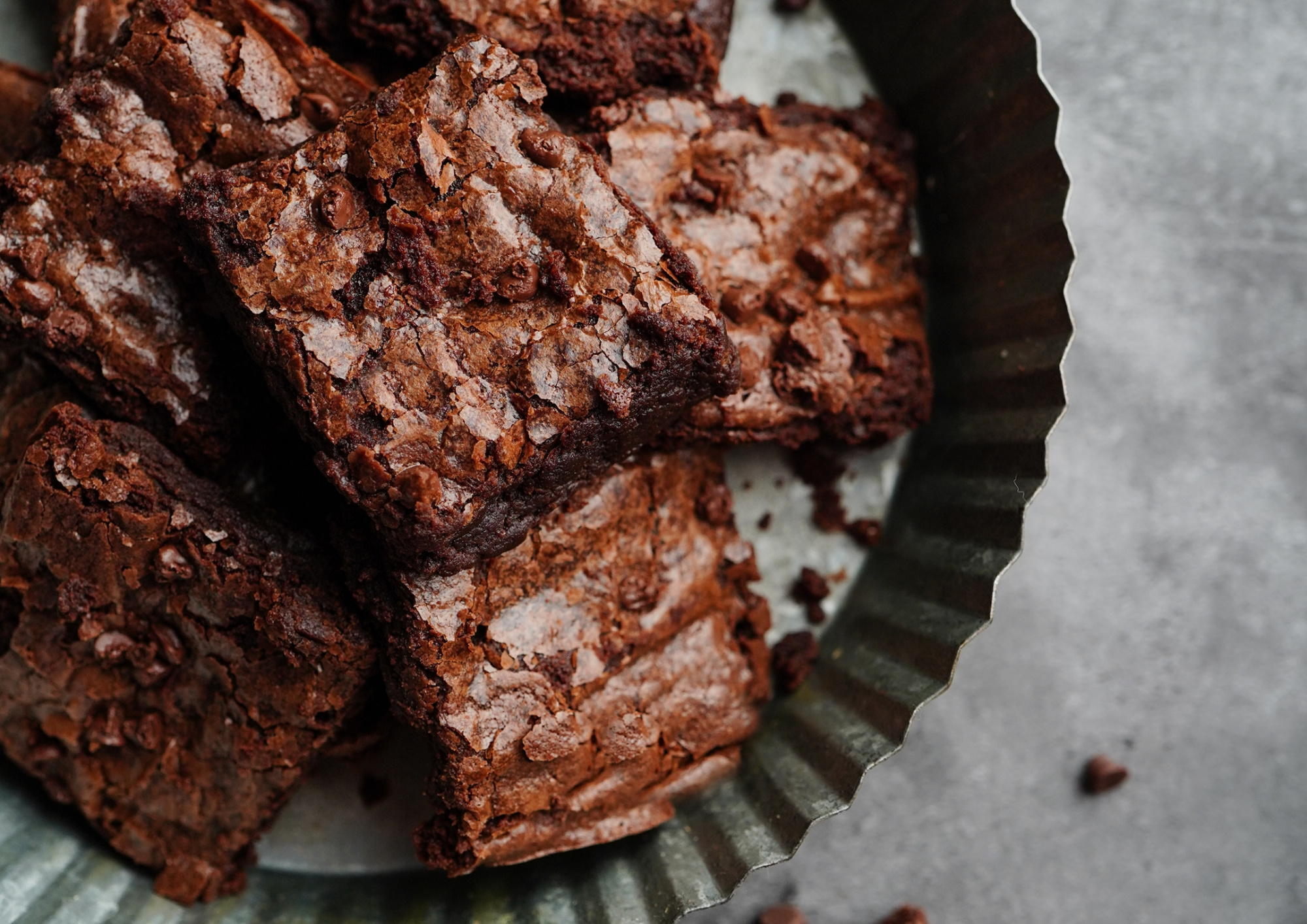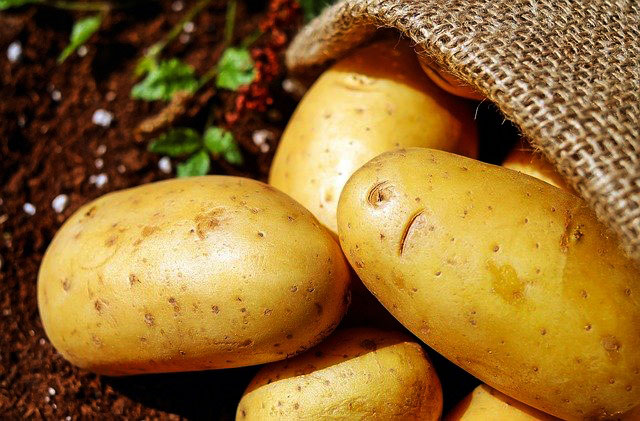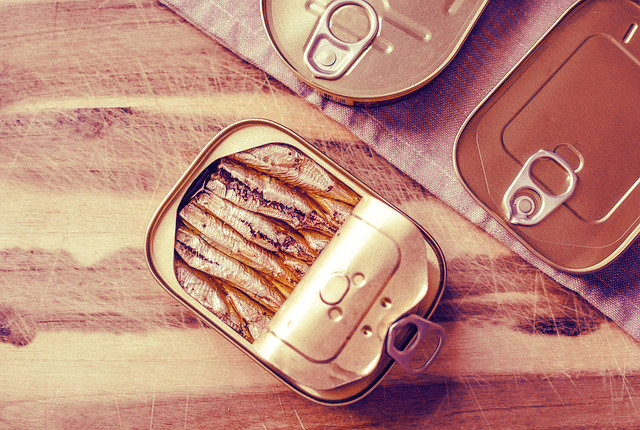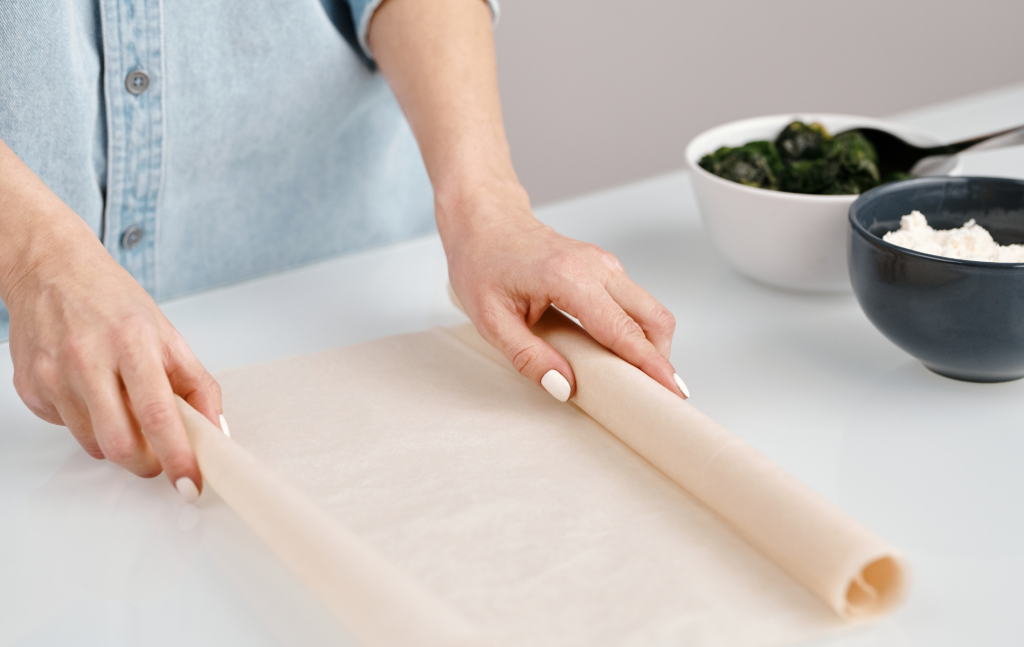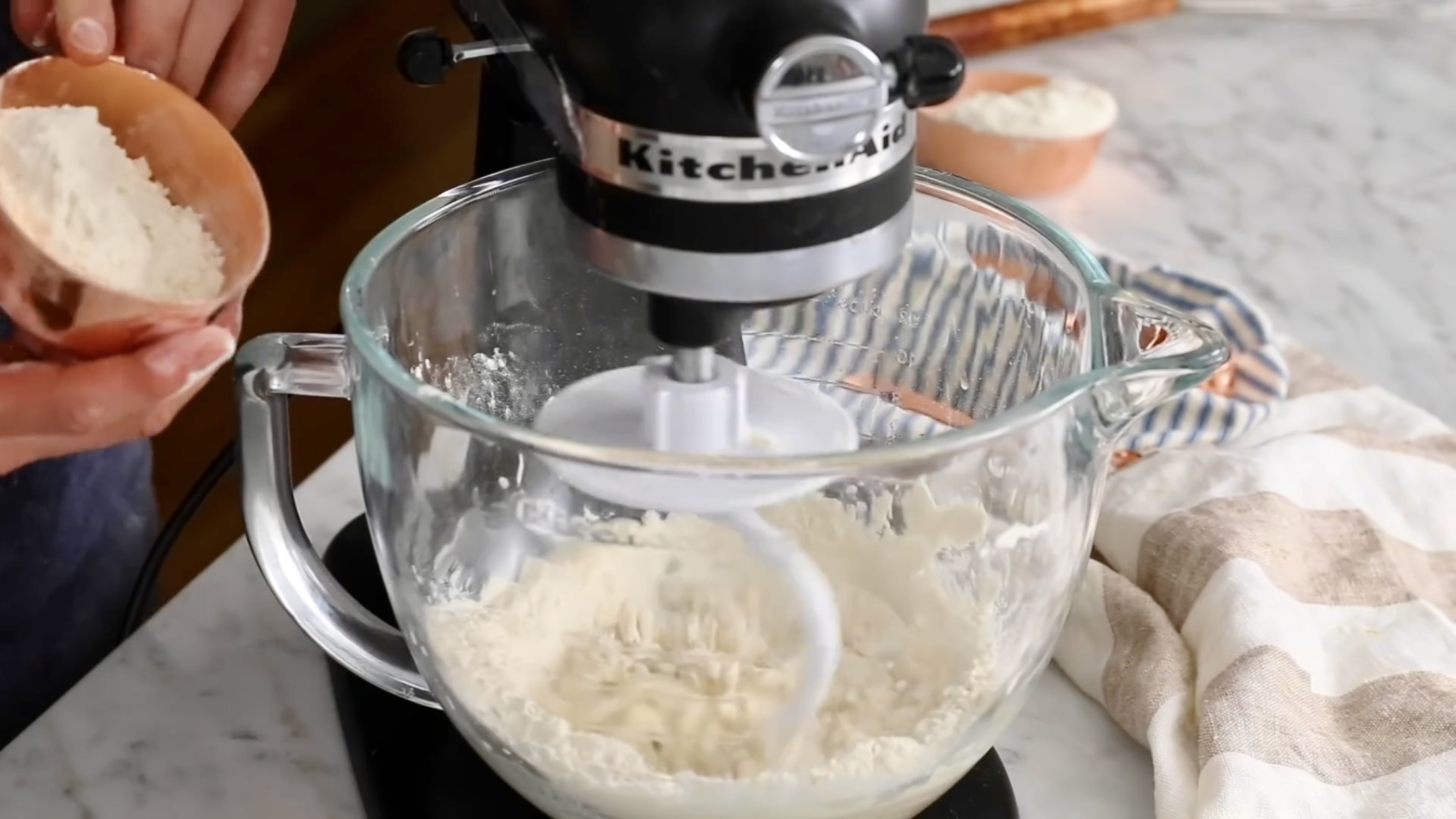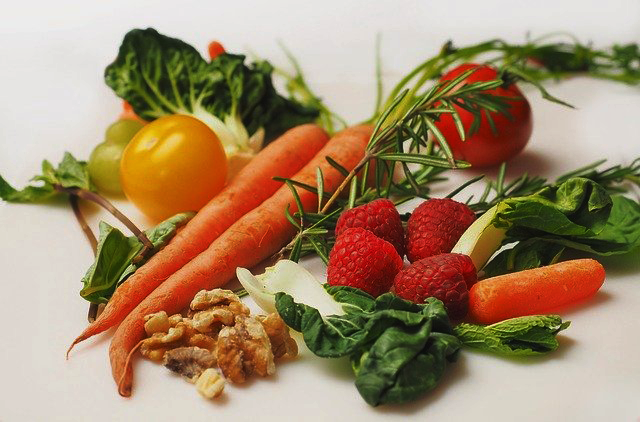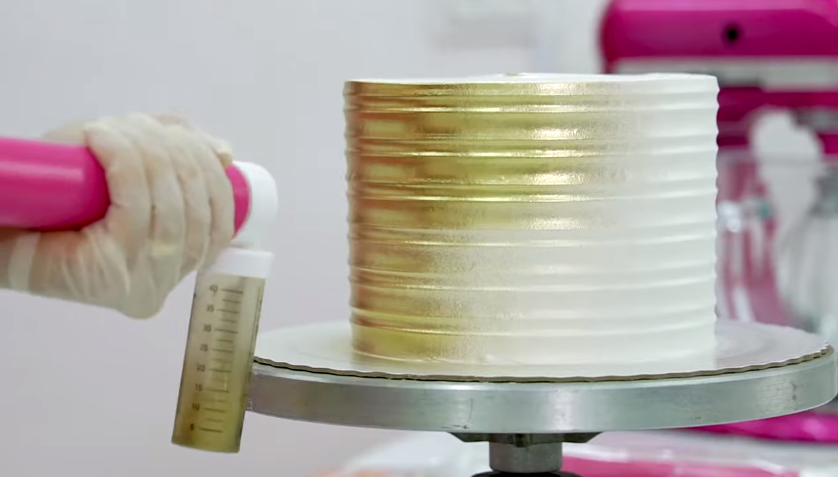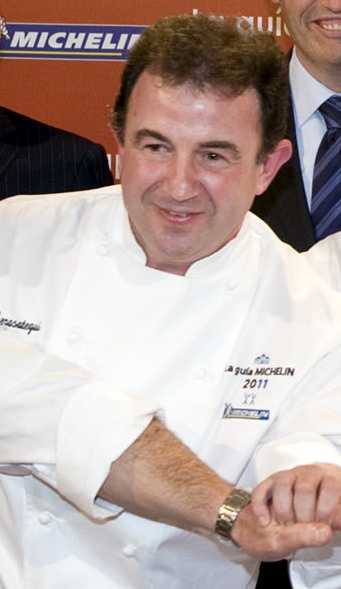Of course you can, but you won't know what you're missing.
Dijon mustard has a very distinctive taste (and is made with the assertive brown mustard seed) – completely different from our (relatively) timid yellow mustards, which are made with the white seeds. Whatever you're cooking will come out very different than if you had used a Dijon mustard.
The same is true if you use a surprisingly strong British mustard or a very hot Chinese mustard, but again, how will you know? Sometimes great things happen when we make changes rather than slavishly following a recipe, but many of the best substitutions are made from educated guesses.
Dijon mustards are the most easily found in grocery stores in the United States after yellow mustards, so it can't be that you're planning a substitution because you can't find Dijon mustard. It must be that you live many, many miles from a grocery store (in New Bedford, Mass.), or that you must stay close to the phone as you are expecting a call from the White House, or that you simply lack the oomph to buy a jar of Dijon mustard.
What can we do to inspire you? Don't make a special trip, but put Dijon mustard on your grocery list so you'll remember to pick it up the next time you go shopping. Unopened, it has a shelf life of two years or more, so you'll have it on hand the next time you want to make the official version of the dish you're planning.
Of course, if you just don't like Dijon mustard and would prefer to use a mild yellow mustard, then never mind. Do what you like….
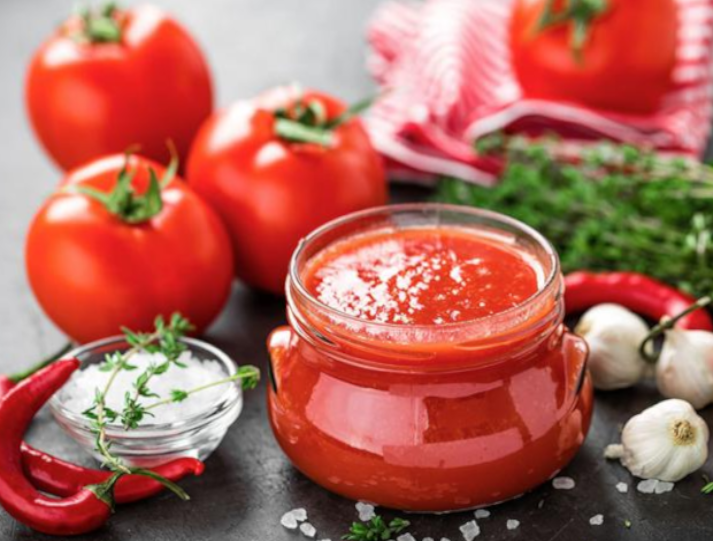
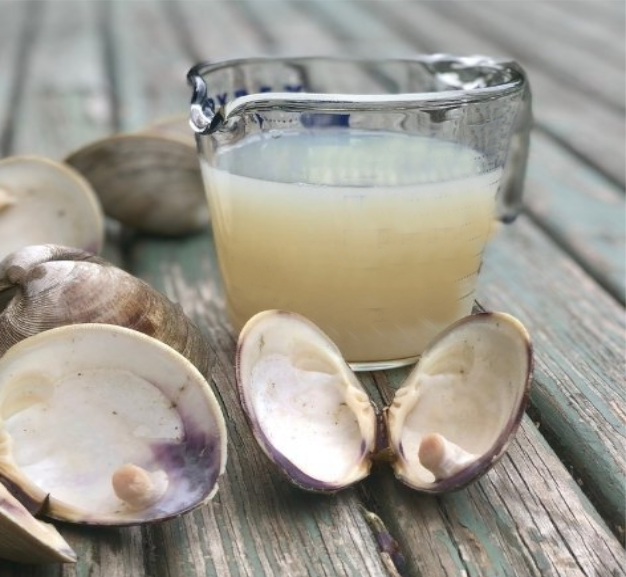
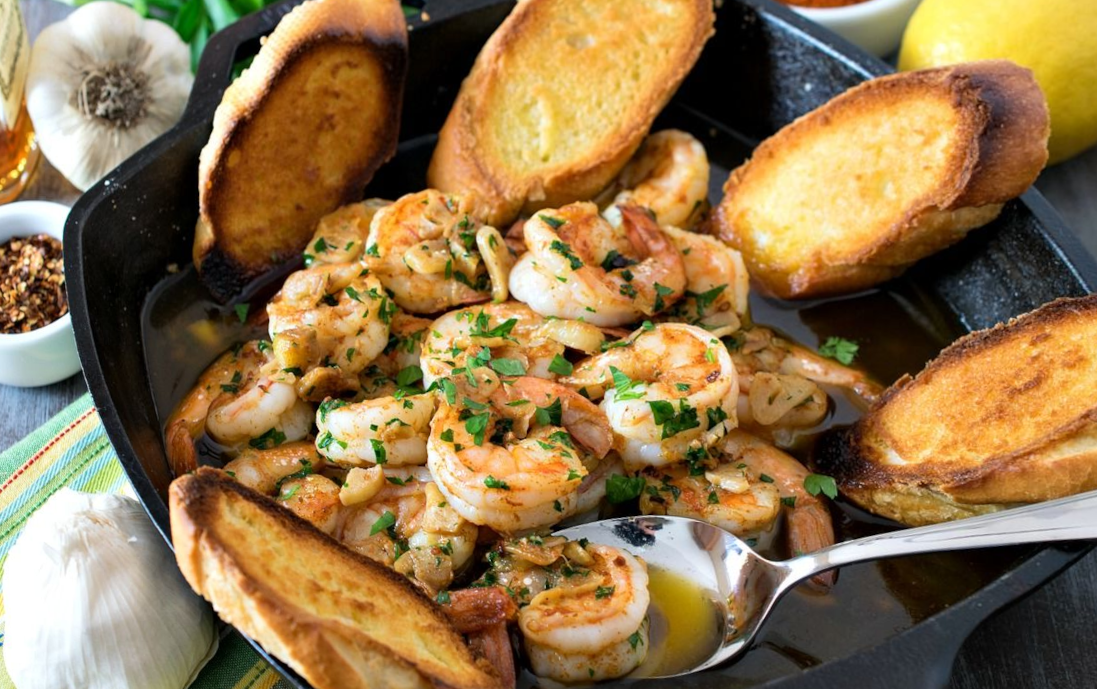

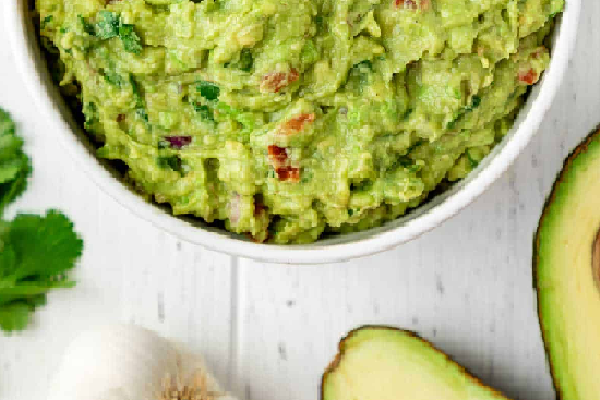
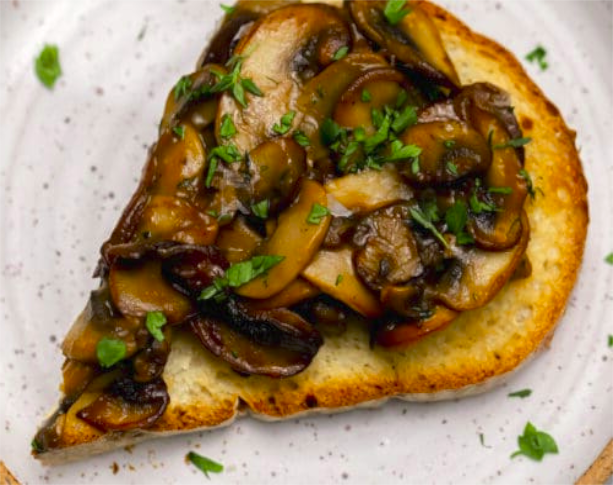
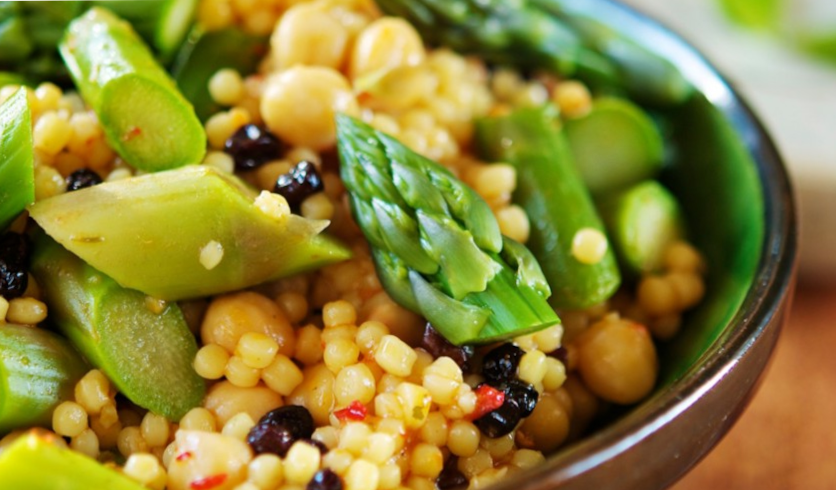
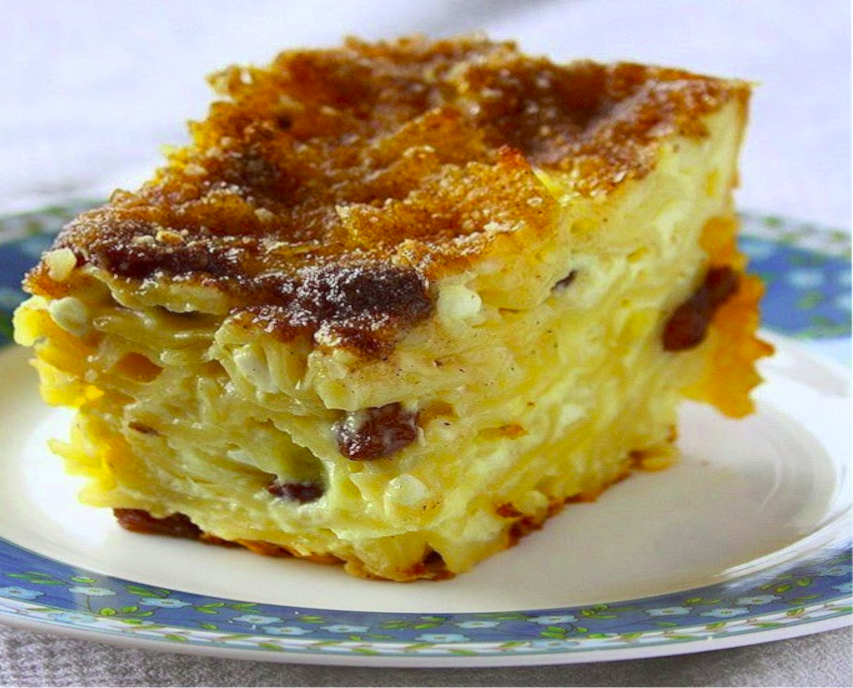

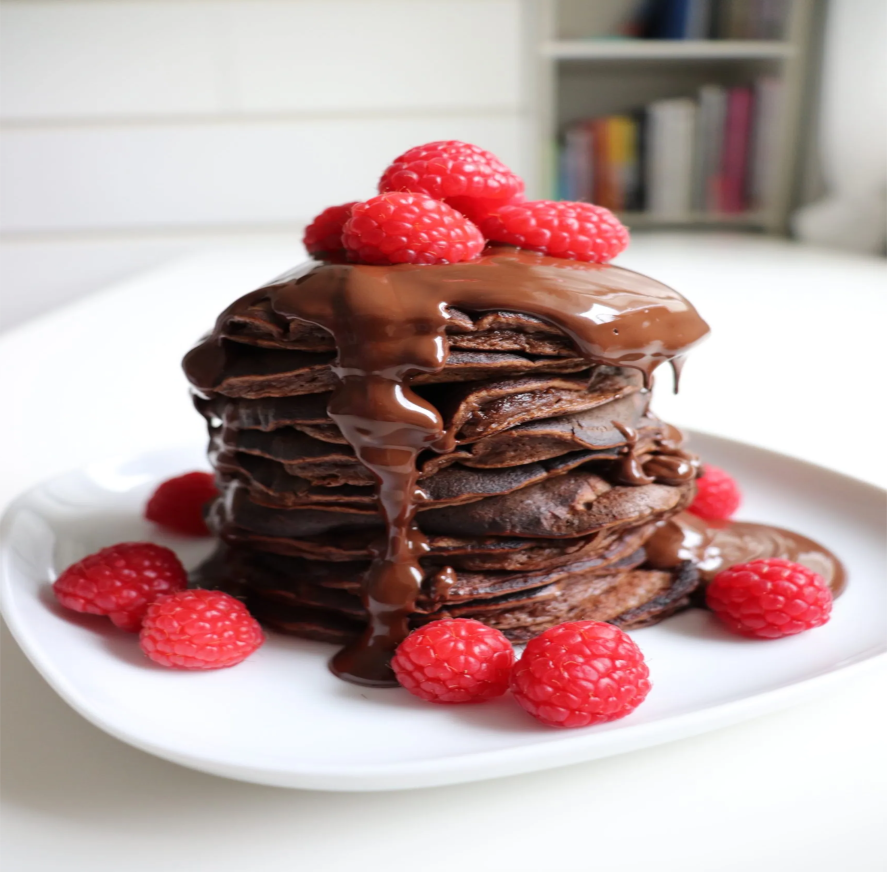
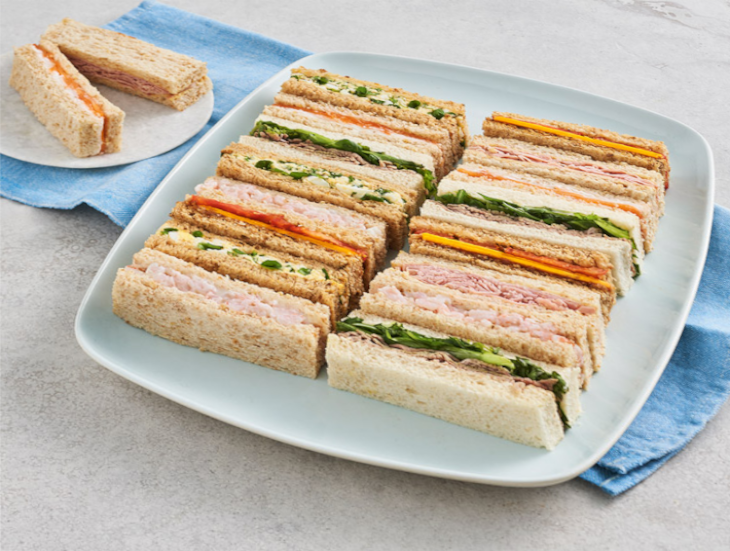



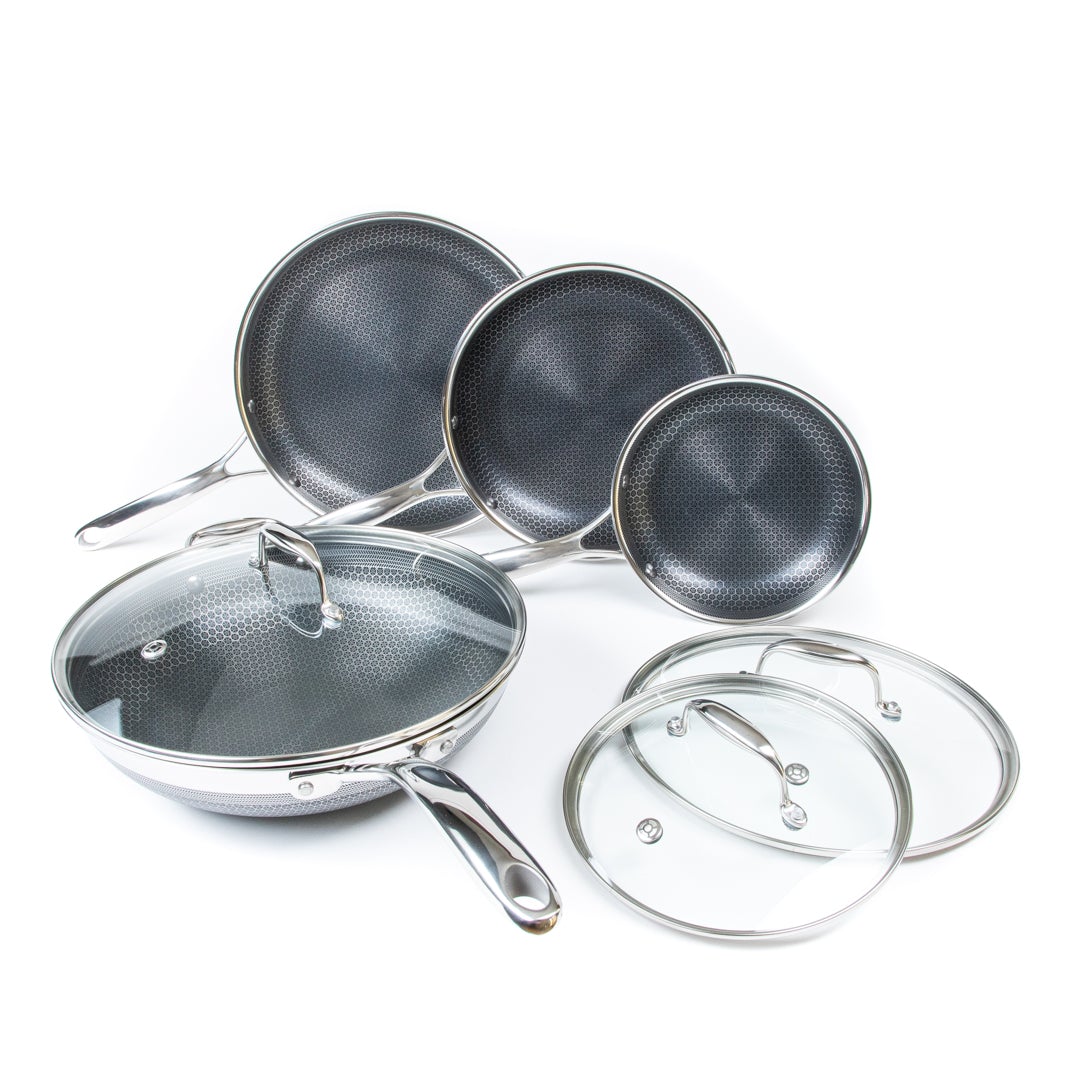
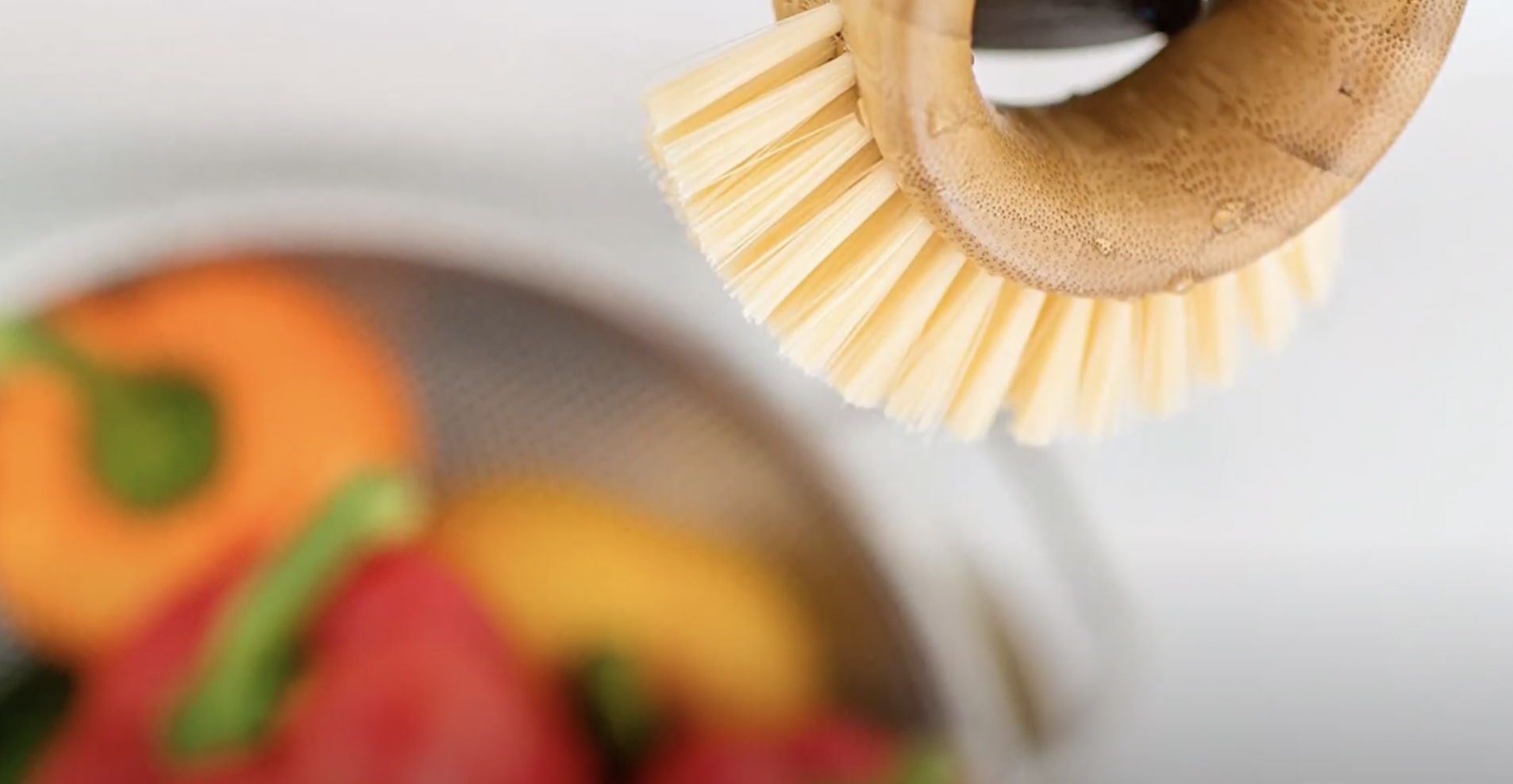
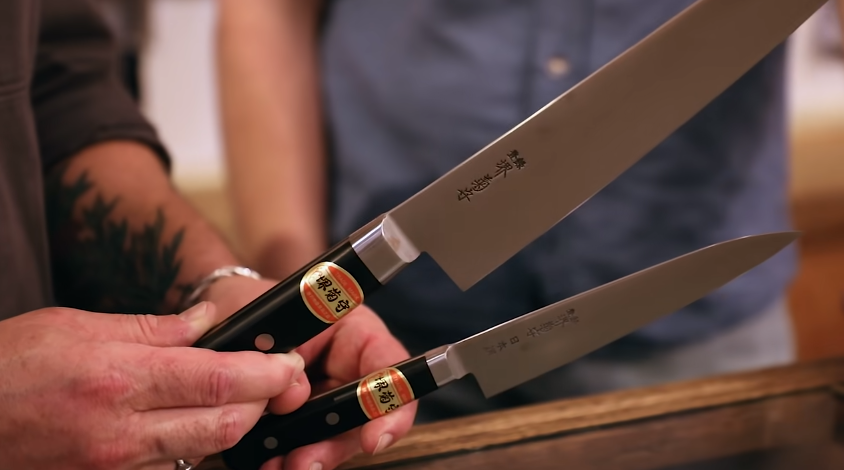
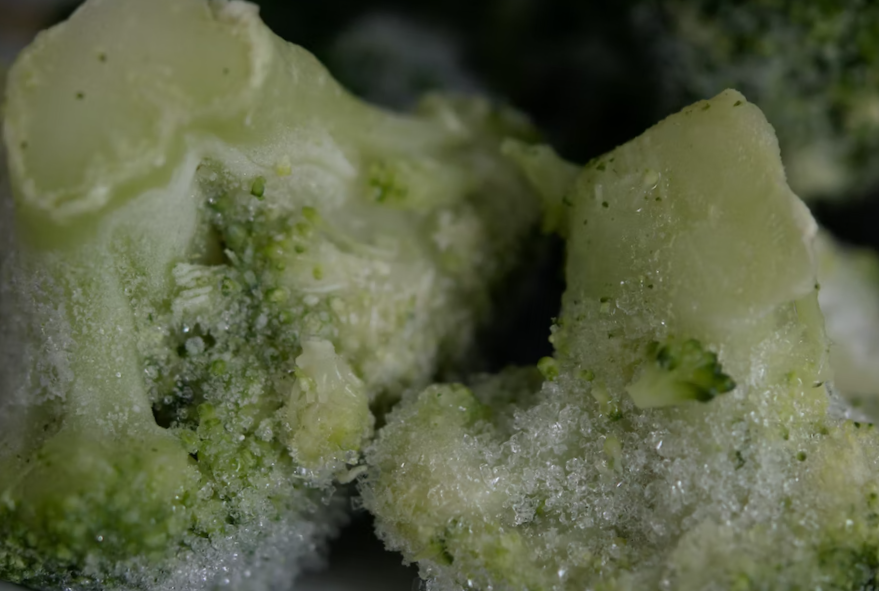

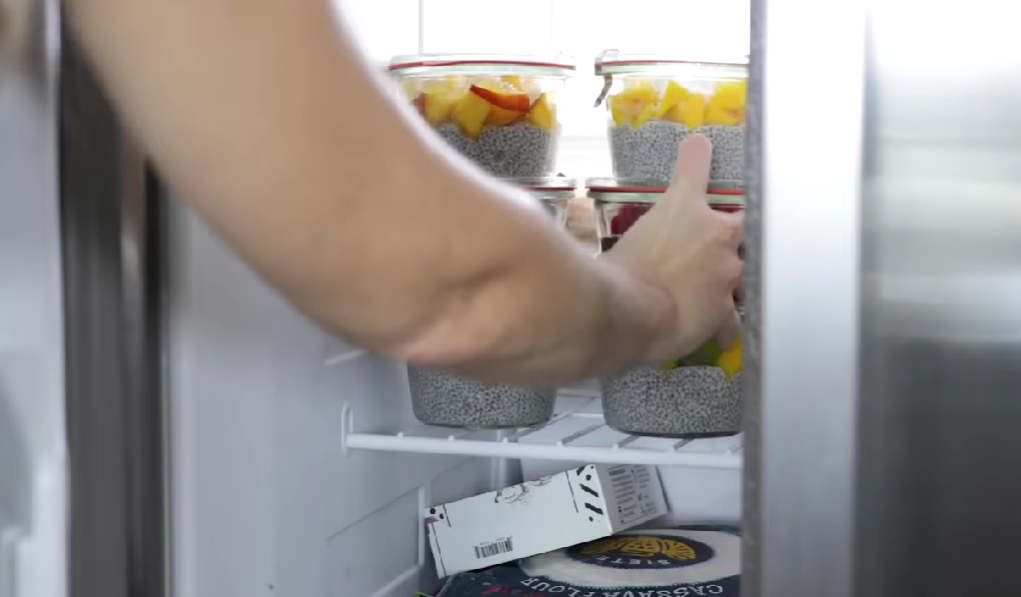
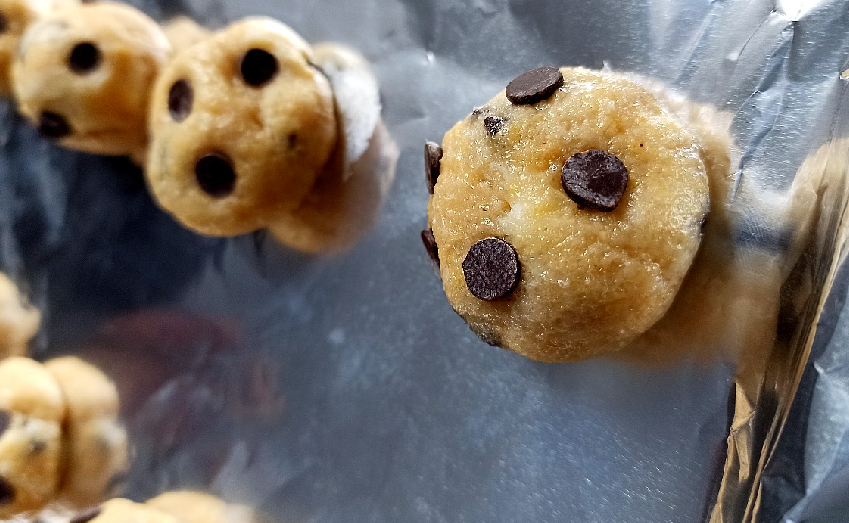
![Can you Cook Eggs in the Microwave? [Complete Guide]](/assets/images/c1f79d1cad59f18f9b5dc31403bd0eb2.png)
